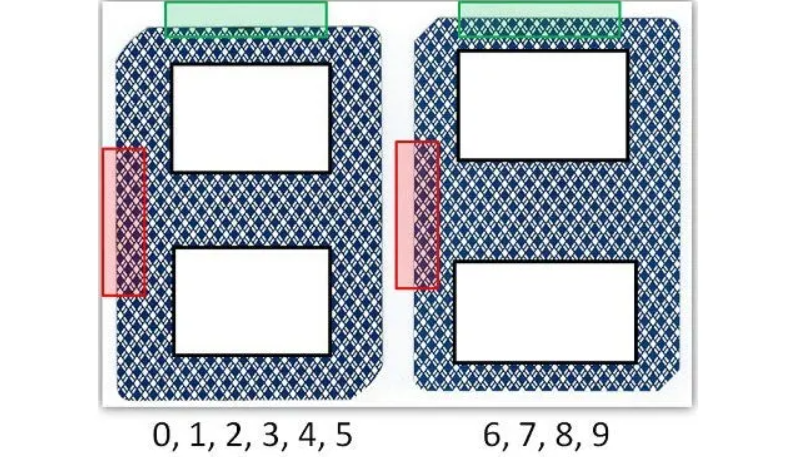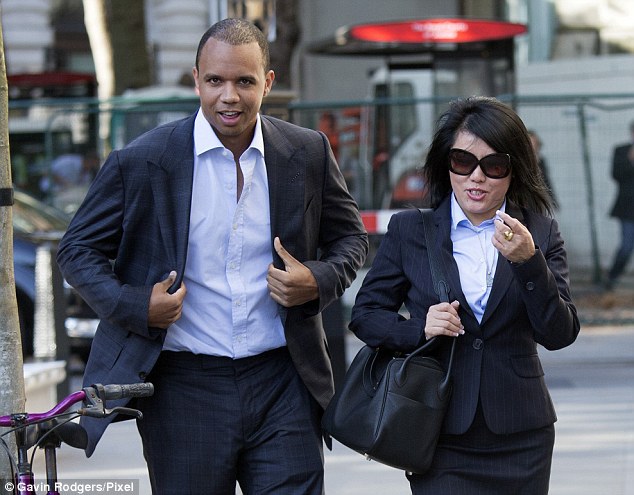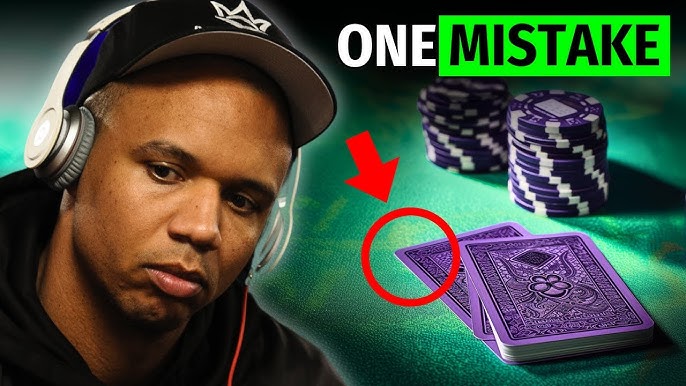How it all began: London's Crockfords Casino (2012)
In August 2012, Ivey and professional gambler Cheung Yin Sun visited London's Crockfords Casino. Their goal was to play baccarat - a game based on luck in which the casino always has a slight advantage. But Ivey and Sun were confident they could turn that advantage to their advantage. How? By using a technique known as edge sorting.
Edge sorting is the ability to spot minor manufacturing defects on the back of playing cards. Since many casinos use imperfectly made cards with slight asymmetries, a skilled player can determine which cards are which before they are turned over.
Ivey and Sun requested a specific type of card from the manufacturer Gemaco and convinced the dealers to turn the cards a certain way during the game - under the pretext that it was their lucky ritual. In reality, however, they sequenced the cards in this way so that they would know when a high-value card would appear. The result? A prize of £7.8 million (approximately €9.5 million).

However, the casino withheld payment of the winnings and only refunded the initial deposit of £1 million. The reason for this was the casino's suspicion that Ivey had not played fair. Phil argued that he had not broken any rules, he had merely used the information available to him and sued the casino in an attempt to get his money. However, a British court ruled in favour of the casino in 2014. After several appeals, the case ended up at the UK Supreme Court, which in 2017 finally confirmed the verdict: Ivey had acted dishonestly and therefore the winnings would not be paid out.
Round two: Borgata Casino in Atlantic City (2014)
Practically the same scenario was implemented by the duo Ivey and Sun in casinos around the world. A lawsuit between the players and a London casino eventually had another twist. In 2014, the Borgata Casino in Atlantic City sued Ivey and demanded the return of the $10 million in winnings he had earned in 2012 thanks to the same technique.
Although the Borgata casino initially paid out Ivey's winnings, the same practices were uncovered after a well-publicized dispute. A US federal court ruled in 2016 that while Ivey did not cheat in the traditional sense, he did not "play by the rules" and therefore had to return $10.1 million to the casino. This lawsuit dragged on for several years, until an out-of-court settlement was reached between the two parties in 2020.
Phil Ivey was clear after these trials, "The judge said I wasn't dishonest, and the three appellate judges also agreed, but the decision somehow backfired on me. Can anyone tell me how one can honestly cheat?"

However, the courts were not convinced by this argument. Ivey's case has divided the poker community into two camps. Many defended him that he took advantage of the casino's mistake and did not break any rules, while others criticized him, saying that it was an unfair advantage with which he manipulated the game. .
The impact on the world of poker and gambling
Following these well-publicised scandals, casinos have tightened their security measures considerably. Card manufacturers have started to check more closely that they produce symmetrical designs, dealers are better trained and many casinos have banned specific player requests for card handling altogether.
Phil Ivey may still be a respected poker player, but his name will forever be linked to one of the most controversial disputes in casino history. In your opinion, is Phil Ivey a brilliant strategist who exploited the weaknesses of the system, or a player who overstepped the boundaries of fair play? We'll leave it to you to make up your own mind, but let us know in the comments on our social networks what you think!
Source - YouTube, Wikipedia, Deadspin, CardPlayer, 2+2




